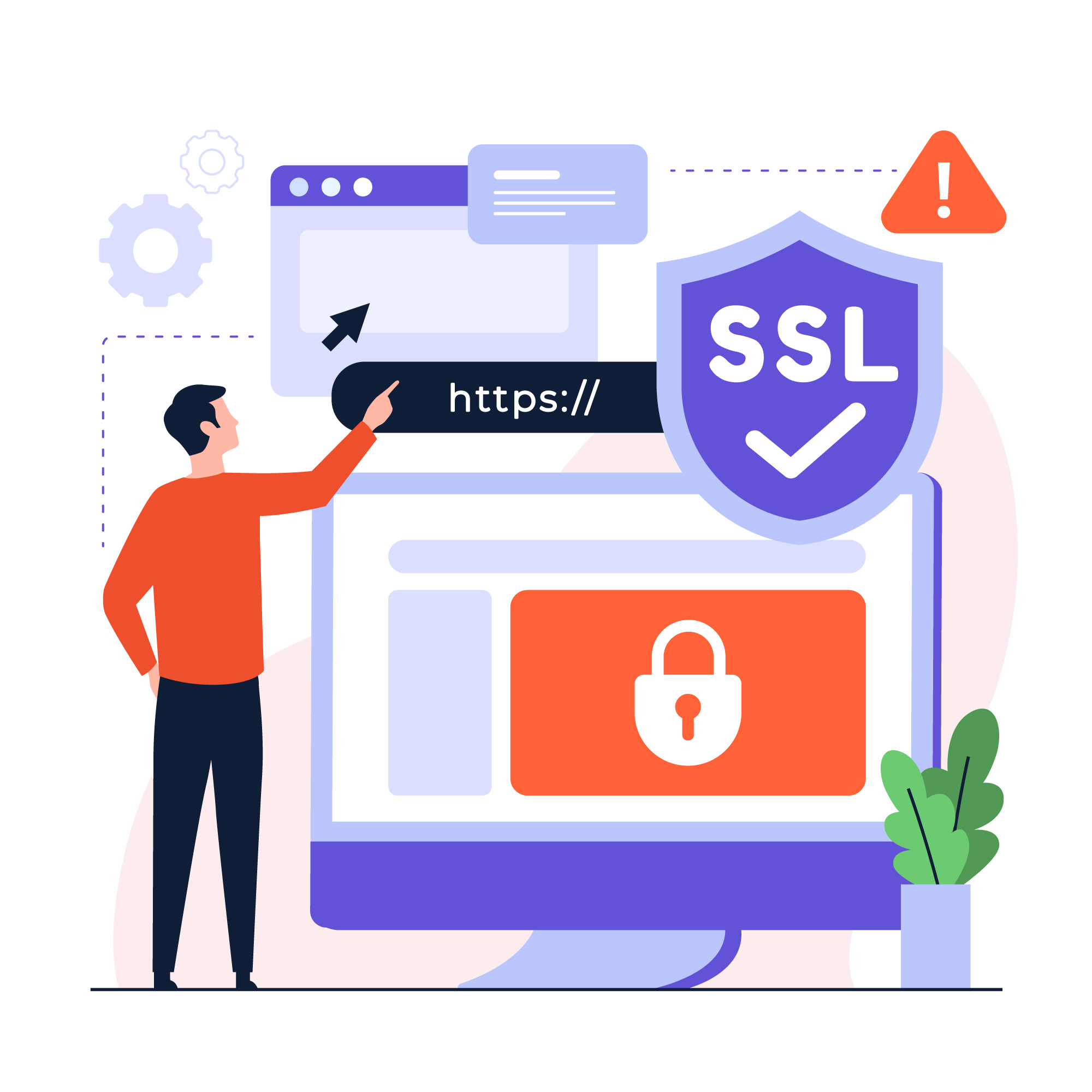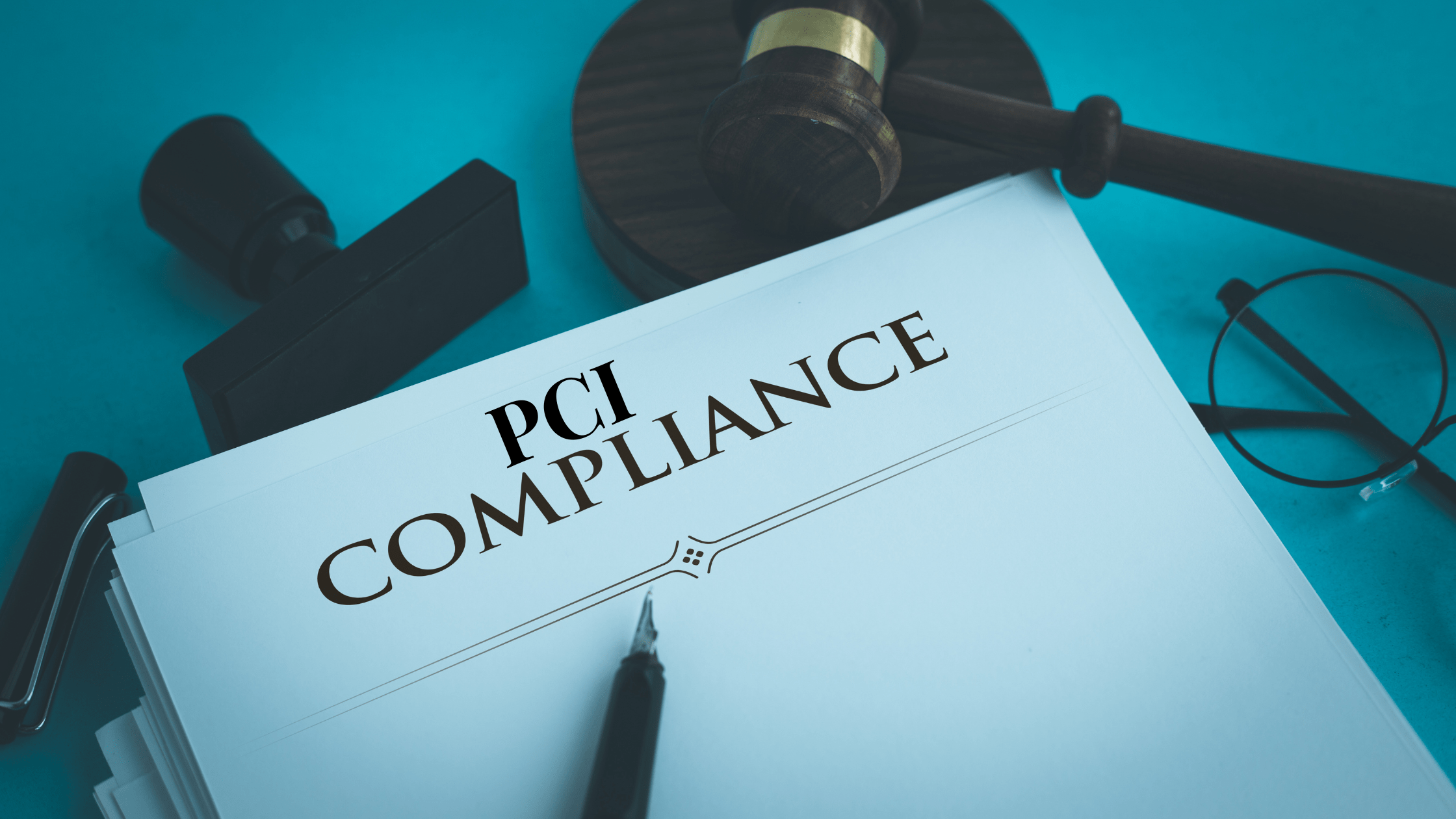According to Verizon’s 2023 Data Breach Investigations Report, 80% of data breaches were preventable. Of those breaches, 37% could have been prevented by complying with PCI DSS requirements and scans.
The Payment Card Industry Data Security Standard (PCI-DSS) ASV or Approved Senior Vendor performs external vulnerability checks. The PCI ASV program uses its solution to verify compliance with PCI DSS Requirement 11.3.2‘s external scanning requirement.
What is a PCI ASV Scan?
A PCI ASV scan is an external vulnerability scan that checks for security flaws in a company’s internal apps and network. The ASV is responsible for offering services and software designed to verify compliance with the external scanning mandated by PCI DSS 11.3.2 (the updated version of PCI DSS 11.2.2 requirement).
External vulnerability scans must be done quarterly by an ASV. This should be attested as per the above-mentioned requirement 11.3.2 of the PCI-DSS scan Requirements and Security Assessment Procedures.
Such scanning is mandatory not only for merchants but also for banks, service providers, and issuers. It’s a must-have and a PCI prerequisite for your company that processes any type of card or card payments. Scanning tools run various “if-then scenarios” that are created specifically to detect system vulnerabilities. A completed scan provides a logged summary of alerts that need to be acted upon.
Why is Astra Vulnerability Scanner the Best Scanner?
- Runs 8000+ tests with weekly updated scanner rules
- Scans behind the login page
- Scan results are vetted by security experts to ensure zero false positives
- Integrates with your CI/CD tools to help you establish DevSecOps
- A dynamic vulnerability management dashboard to manage, monitor, assign, and update vulnerabilities from one place.
- Helps you stay compliant with SOC2, ISO27001, PCI-DSS, HIPAA, etc.
- Integrates with Slack and Jira for better workflow management
- Trusted by the brands you trust like Agora, Spicejet, Muthoot, Dream11, etc.

What is ASV?
ASV is an acronym for Approved Scanning Vendor. When a vendor wants to know if the business you run is vulnerable to malware assaults or other security breaches, they conduct what’s called an ASV scan. Your business must adhere to PCI-DSS to accept all types of cards.
You should consider an ASV scan for your business to ensure your digital infrastructure is secure and up-to-date. This will check everything from your point of sale system to your accounting software and data storage solution. The purpose of the PCI-approved scanning vendor (ASV) scan is to protect cardholders against misuse of their personal information.
3 Types of PCI Approved Scanning Vendor (ASV) Scans
There are mainly three types of PCI scans:
1. Internal PCI ASV scan
A PCI internal scan analyzes a company’s firewall or internal network vulnerabilities. They also check internal apps. Internal apps are programs or apps only used inside a company or system and are not meant for people outside. These apps are mainly made for special business processes or functions. They can include inventory management, personnel scheduling, CRM, and other internal operations software.
Scanning your network improves its security and safeguards your customers’ information. This scan is something you can do on your own.
2. External PCI ASV scan
In contrast to an internal PCI ASV scan, the external PCI ASV external vulnerability scanning looks at the PCI components that are not part of your private network such as graphics cards, CPUs, SSDs, and HDDs. This scan should only be performed by a trusted scanning partner.
3. Application PCI ASV scan
A PCI ASV scan will check for security flaws in your company’s internal apps that might allow malicious actors to access sensitive data and cause a data breach. The scan looks for common flaws in apps, such as SQL injection, cross-site scripting (XSS), and remote file inclusion. Attackers could use these vulnerabilities to access sensitive data or modify the program. This type of scan is necessary to find and fix security holes in your applications to prevent data breaches.
What Do You Need for a PCI ASV Scan?
You, as the scan client, are accountable for making sure the following items are included in the scope and supplied to the authorized scanning vendor:
- IP addresses (for each of your locations, if you own more than one);
- Database, web, application, mail, Domain Name System, and proxy servers
- Firewalls and routers
- Operating systems
- Integrated user accounts
- SSL/TLS
- Common services
- Virtualization components
- Wireless access points

If your network has external components that can “touch” cardholder data or connect to PCI-scoped networks, such components must be included in the project’s scope. External components are devices connected to the computer through the PCI or PCIe (PCI Express) interface but not inside the computer case. They are usually attached to the motherboard through a cable or a riser card. Some examples of external components are external graphics cards, external sound cards, or external storage devices.
What is the importance of a PCI ASV scan?
Some of the most compelling arguments in favor of PCI ASV scan include:
Ensuring Compliance:
Organizations that deal with card data must adhere to the PCI Data Security Standard. Securing sensitive data, preventing breaches, and fixing security flaws require routine PCI ASV checks. In a digital and linked world, these practices help businesses reduce security risks, preserve consumer trust, avoid legal issues, and maintain their brand.
Detecting Vulnerability:
Spotting security flaws in a network’s infrastructure that malicious actors might exploit is a crucial function of ASV scans. Organizations can resolve vulnerabilities listed in ASV reports proactively by scanning their systems regularly. This reduces the likelihood of security breaches.
Gaining customer trust:
Organizations show they care about client data security by adhering to PCI-DSS regulations like ASV scanning. The goal is to build a transparent, proactive, and customer-centric data security approach that reassures customers and fosters a partnership in data security.
Avoiding penalties:
Companies face severe consequences if they fail to ensure PCI-DSS compliance. They could risk everything from a monetary fine and increased transaction fees to losing their ability to accept credit cards entirely. On the other hand, businesses can stay in compliance with the help of ASV companies if they adopt a proactive approach and deal with them regularly. As a result, card processing will be safe and reliable, and you’ll avoid significant fines for noncompliance.
6-step PCI ASV Scan Process
The ASV scanning process is divided into the following six steps, all of which need to be completed to be PCI-DSS compliant:
Step 1: Scoping
The scanning client performs this step to cover all internet-facing components in the cardholder data environment. Give them information about your company’s network infrastructure, such as IP addresses and domains to be inspected. The scanning client has to assess their systems and investigate which needs to be scanned and provide the list to the vendor.
Step 2: Scanning
An ASV of your choosing performs the scan. The scan results will include any threats or weak spots that have been identified. This will enable you to address these security gaps.
Step 3: Reporting scans
Once the ASV completes the scan, you will receive a scan attestation, an executive summary, and a detailed scan report.
Step 4: Disputes
There will likely be issues with your scan that need fixing. You need to resolve the concerns raised by the ASV check.
Step 5: Rescanning
You can resubmit for approval once you have fixed the issues discovered in the second scan.
Step 6: Final report
The final report is your stamp of approval once you’ve passed the quarterly check.
Results of a PCI ASV Scan and Next Steps
If the scan goes well, you will receive a passing report. The report needs to be filed by the requirements of your business’s payment brand. You can contact your acquiring bank or each Participating Payment Brand to find out where and how to send your scanned data.
If your IT system fails the test, you can file an appeal.
The factors listed can lead to a dispute:
- false positives
- scan report exceptions
- inconclusive ASV scans
- ASV scans that could not be completed due to interference during the scan. External causes, technological challenges, and security measures within the target network can all disrupt or slow down the scanning process. Such interference can hinder scanning programs’ vulnerability and security assessments. This may occur due to firewalls, IDSs, or even deliberate attempts to thwart scanning.
The ASV should provide you with instructions on how to register your dispute. ASV can then review the issue either remotely or by reviewing paper records.
You’ll need to fix the underlying problems that caused them before scheduling another scan. Your final scan report will contain the results of any unsuccessful scans.
Along with fixing the problems found, it’s smart to use PCI penetration testing as a preventive step. This testing checks to see if any vulnerabilities in your systems could damage the security of payment card data. Putting this step into the same framework improves your general safety and makes it easier to evaluate and eliminate risks.
Payment Card Industry Data Security Standard (PCI DSS) certification is not possible without PCI ASV. ASV performs vulnerability scans to check that PCI DSS Requirement 11.3.2 is being met. It includes three types of scans: internal, external, and application. Each one looks at a different part of the infrastructure of a company. Scoping, scanning, reporting, fixing problems, rescanning, and getting the final report are all parts of the process.
ASV scans improve security, compliance, and customer trust, and help keep businesses from facing penalties for not following the rules. When taking into account variables like scanning frequency and length, choosing an effective ASV is essential. To know more about PCI pen testing, reach out to the experts at Astra.
Frequently Asked Questions
How often do I need an ASV scan?
ASV scanning frequency relies on compliance requirements, risk profiles, system updates, and continual monitoring. PCI DSS mandates quarterly ASV scanning for your company. After substantial system modifications, patches, and updates, assess your organization’s risk profile and consider scanning. Test any system updates well before the 90-day milestone.
What to look for in an ASV?
When it comes to ASV scans, PCI data security regulation is not sufficient. Key factors to consider when choosing an approved scanning vendor include:
1. Robust engine tuning
2. Reliable customer support
3. Experienced staff
4. Manual verification of vulnerabilities
5. Unlimited rescanning
6. Comprehensive scan engines with the latest technology
How long does an ASV scan take?
A PCI ASV scan’s length depends on the network’s size, complexity, and needs. Larger or more complex installations may take days or weeks, while smaller ones may take hours. Scan methodologies, evaluation depth, and post-scan activities like result processing and report production can affect time.
How much does a PCI-DSS ASV scan cost?
The cost of a PCI DSS ASV scan varies depending on the provider. They may charge a PCI compliance fee monthly, quarterly, or annually. The fee can range from $79 to $120 per year based on the level of the business or the number of transactions.
















